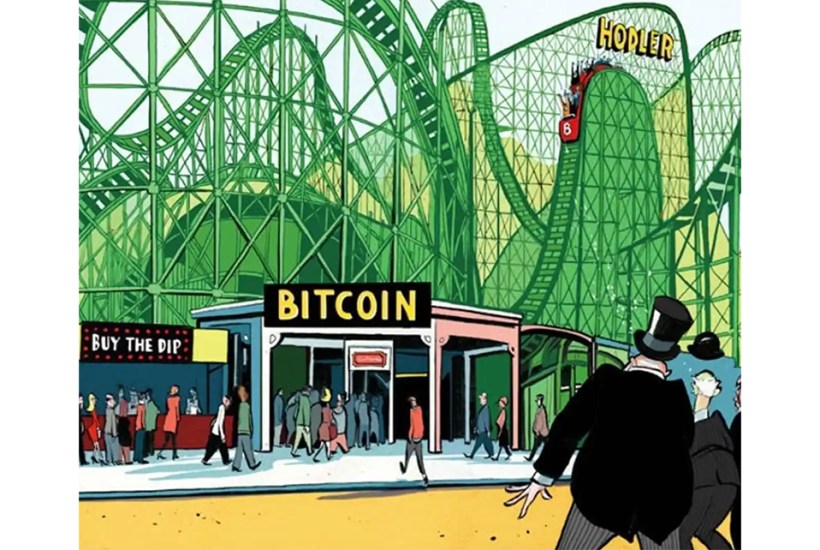‘Crypto assets are commodities,’ said my neighbour at dinner. No they’re not, I replied, commodities are natural raw materials that have ultimate real-world uses. Crypto is merely a collection of blips in cyberspace to which adherents choose to attribute value. ‘Just like fiat currencies,’ my neighbour shot back. ‘What’s real about them? Aren’t they just an idea in the mind of central bankers?’
And off we went on a ding-dong debate.
Already a subscriber? Log in
Subscribe for just $2 a week
Try a month of The Spectator Australia absolutely free and without commitment. Not only that but – if you choose to continue – you’ll pay just $2 a week for your first year.
- Unlimited access to spectator.com.au and app
- The weekly edition on the Spectator Australia app
- Spectator podcasts and newsletters
- Full access to spectator.co.uk
Or
Unlock this article
You might disagree with half of it, but you’ll enjoy reading all of it. Try your first month for free, then just $2 a week for the remainder of your first year.









Comments
Don't miss out
Join the conversation with other Spectator Australia readers. Subscribe to leave a comment.
SUBSCRIBEAlready a subscriber? Log in